|
I admit it. I am a conference addict. As educators, we all have our 'thing'-Diet Coke, Dr. Pepper, an IV of coffee continuously pumping Caramel Macchiato into our veins, those little bars of Hershey goodness hidden in the back of our drawers so nobody sees...but mine is conferences. Specially the awesome kind. Which GaETC is.
While I have attended GaETC before, this year I was blessed to have a paid registration fee from receiving the Technology Innovation Grant last year. While there a great many things I learned this year, here are my top takeaways:
I was so thankful to be able to go to GaETC this year to bring back some ideas for our teachers and for our technology specials, but this year I really focused on finding ideas for transforming our library into a learning commons. More information to come on that later!
See you next year, GaETC! GaETC Twitter Mentions
0 Comments
Your comment will be posted after it is approved.
Leave a Reply. |
Martha BongiornoAdvocating for Student Voice in Metro Atlanta & Beyond MIE Expert Since 2018
MIE Trainer Since 2018
Flipgrid Student Voice Ambassador since 2016
Archives
October 2023
Categories |

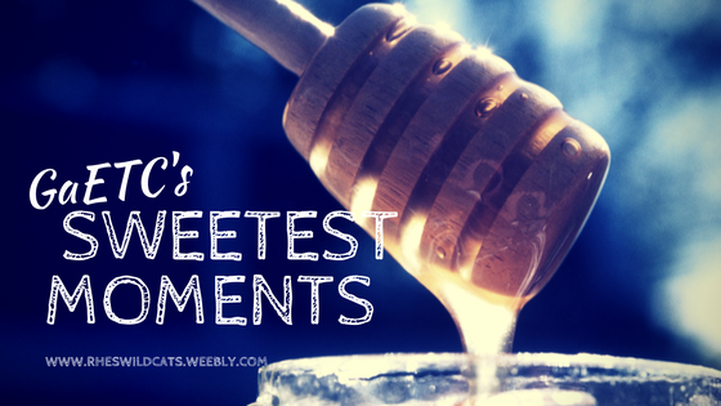
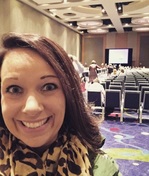
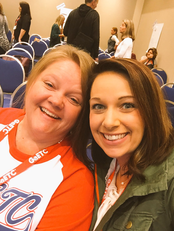
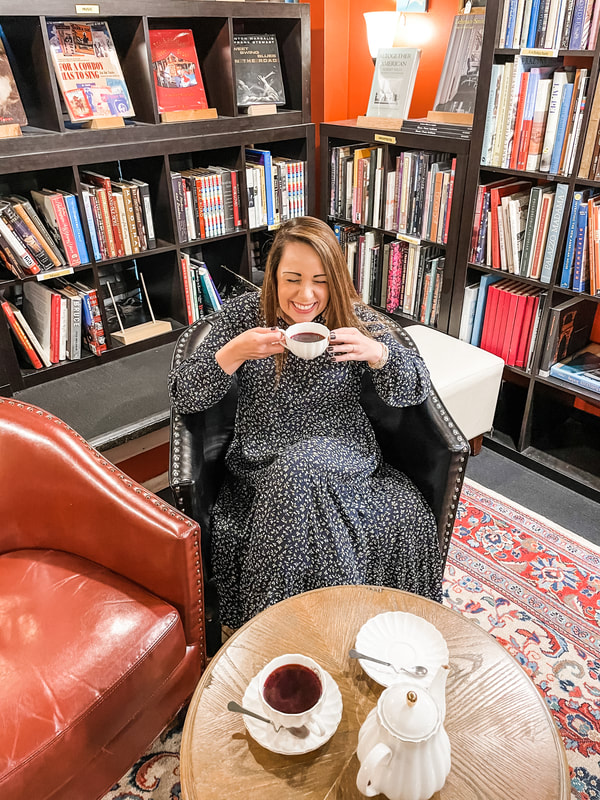
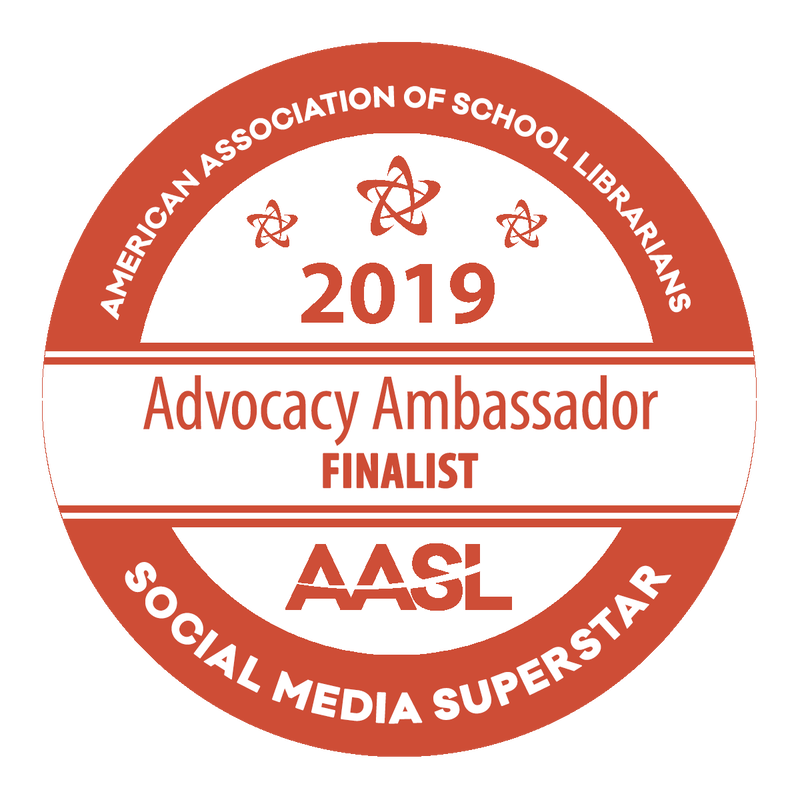
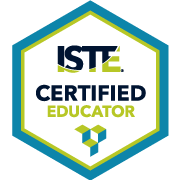
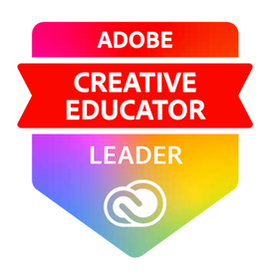
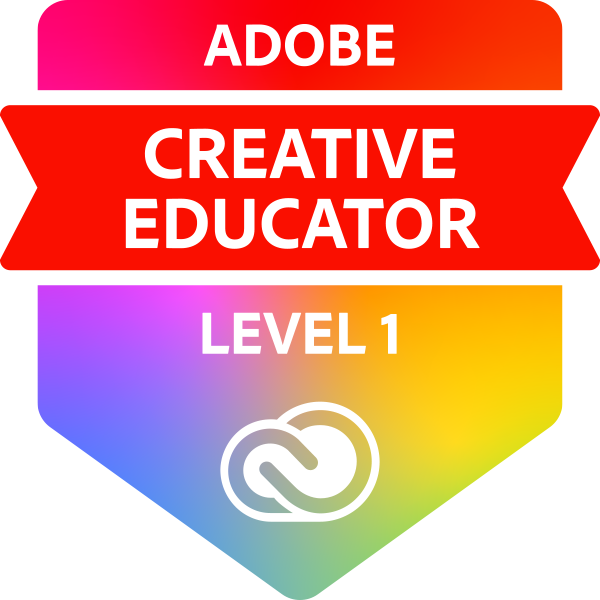
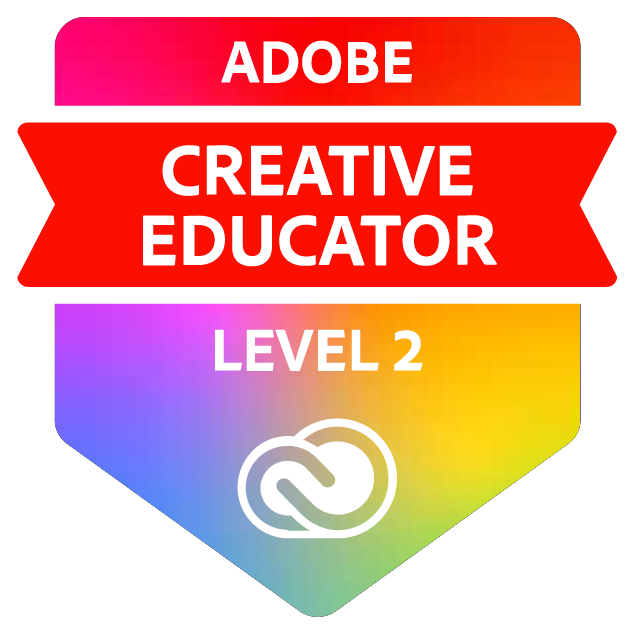
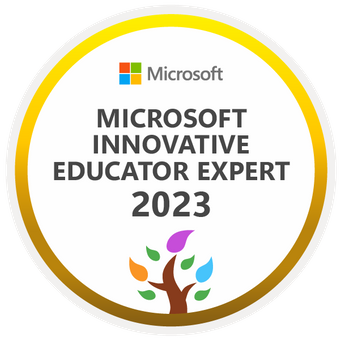
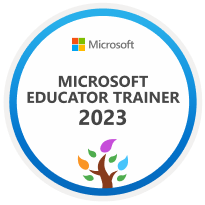
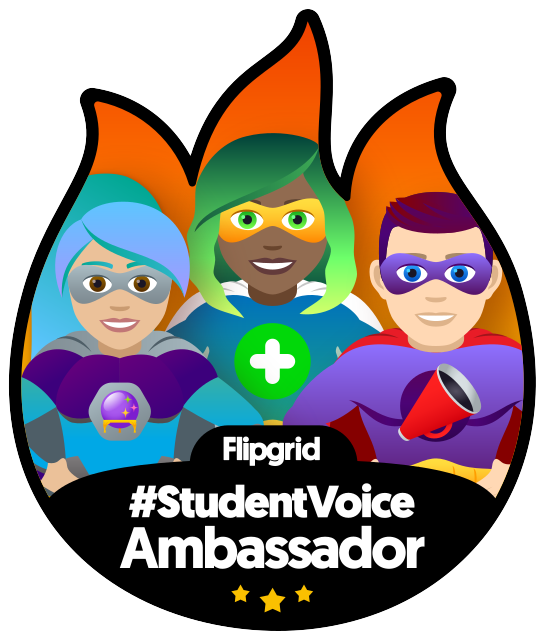
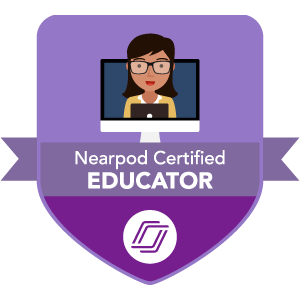
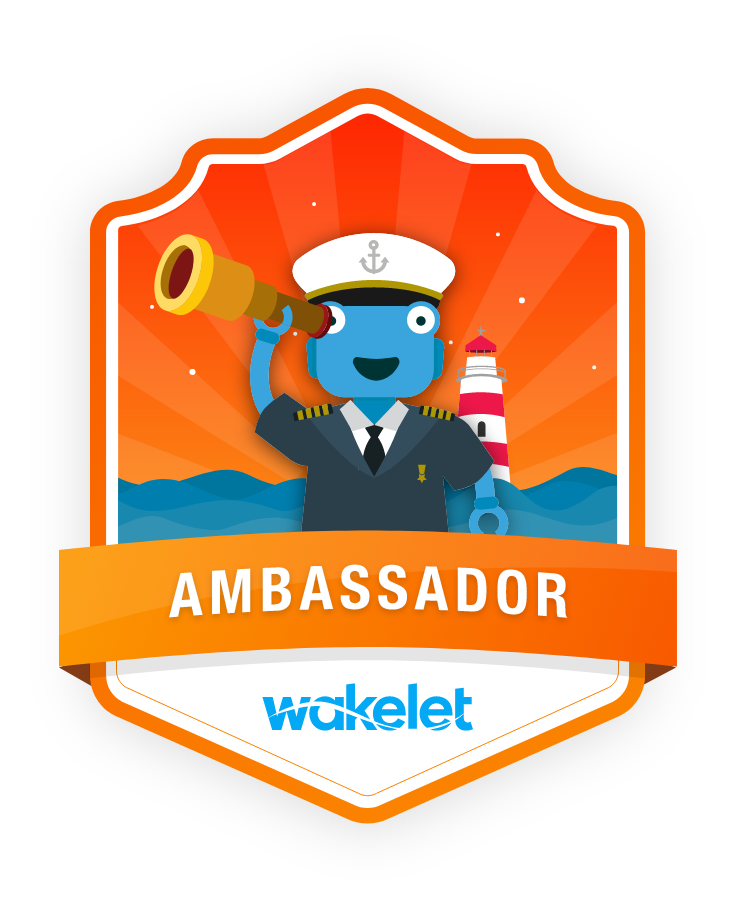
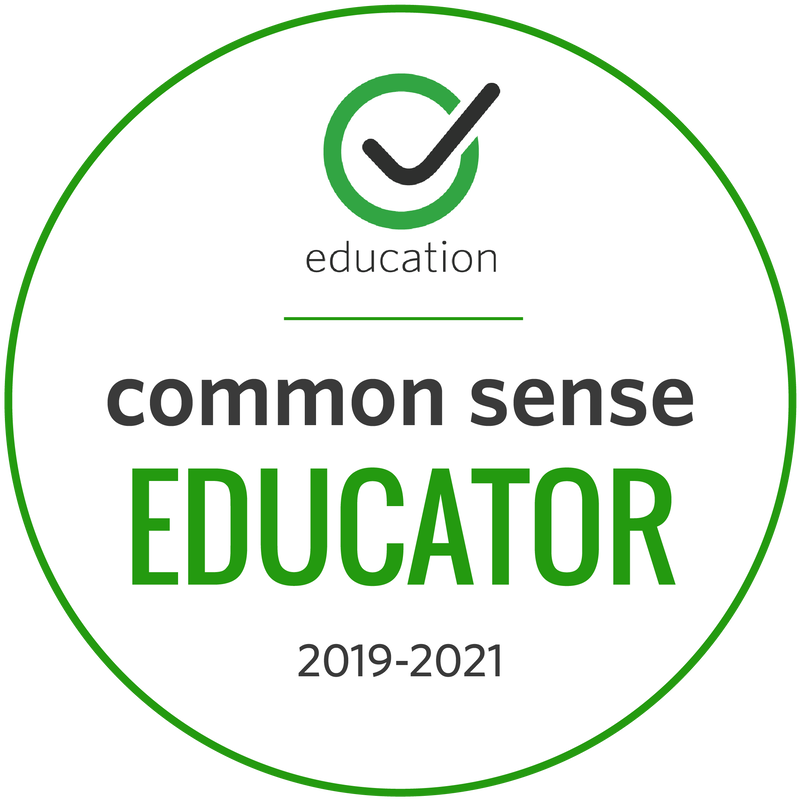
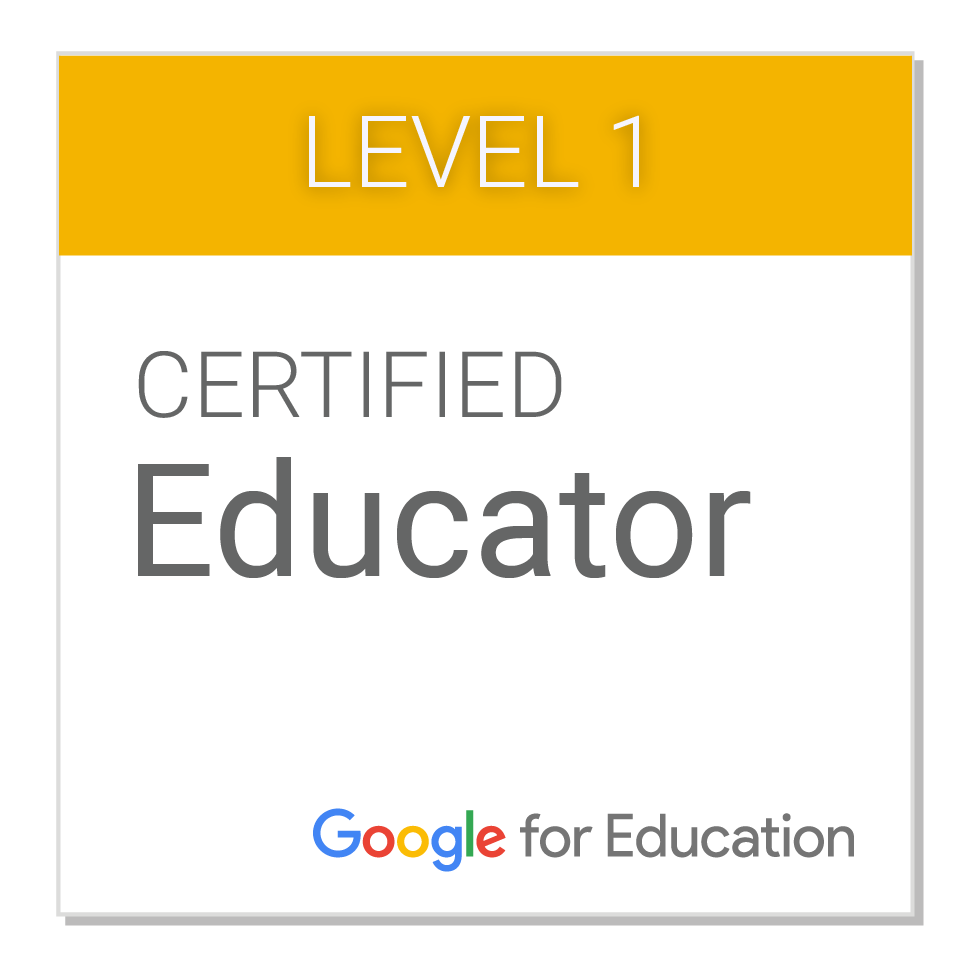
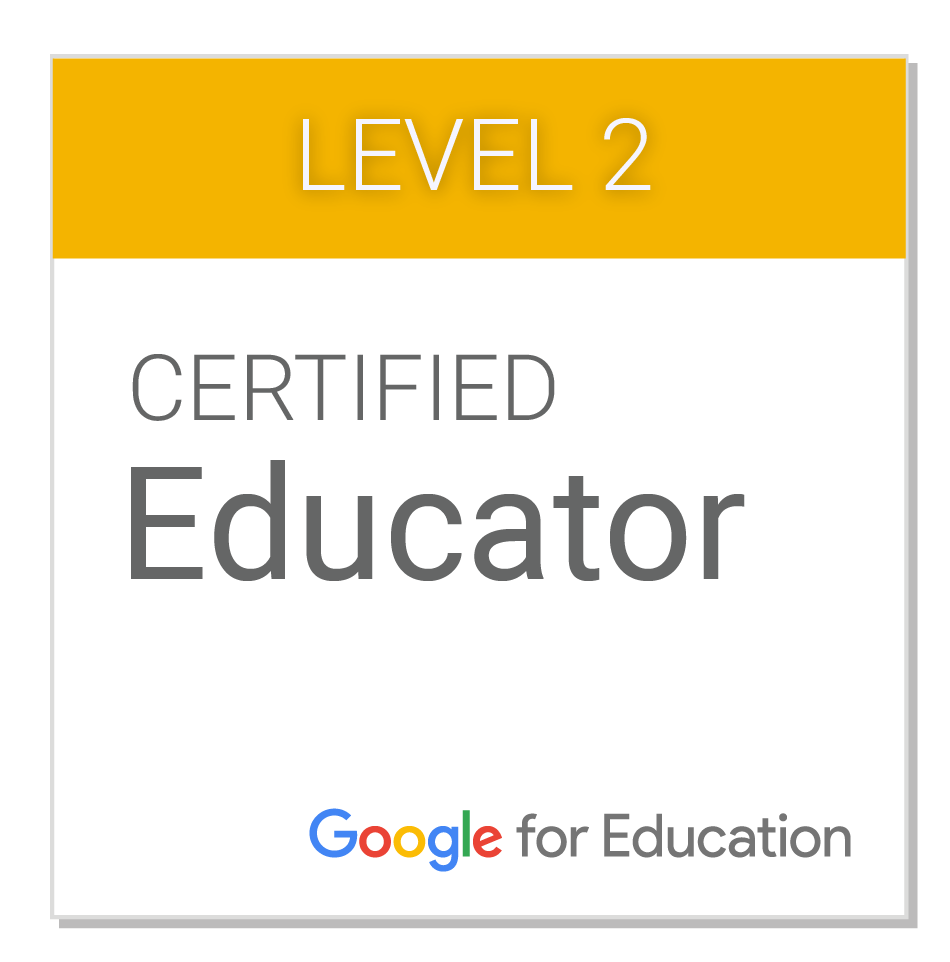
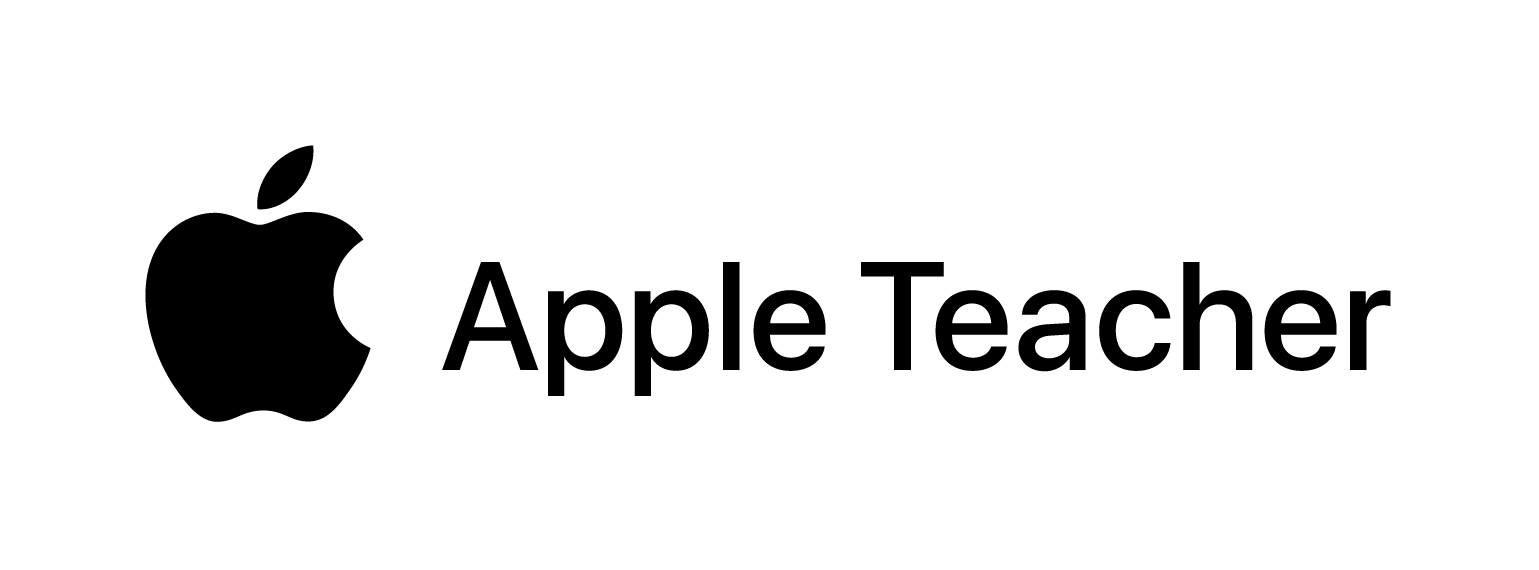
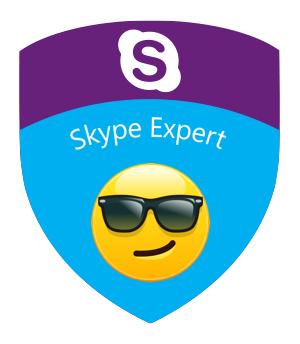
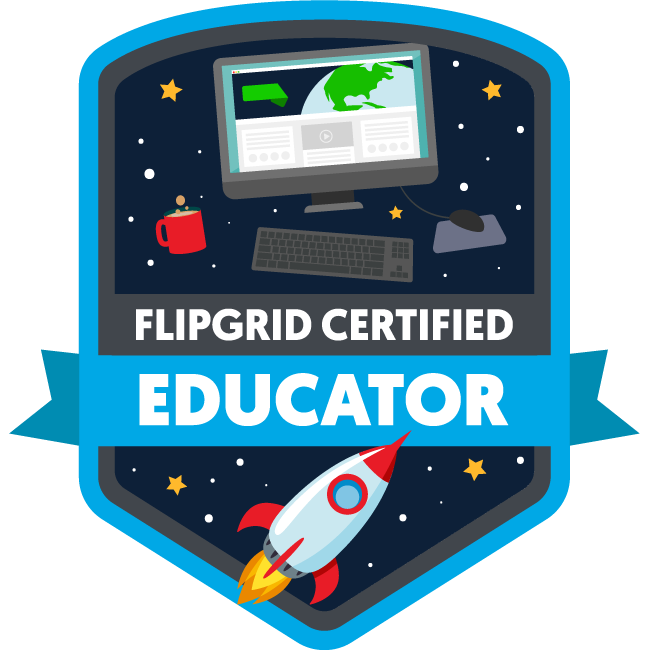
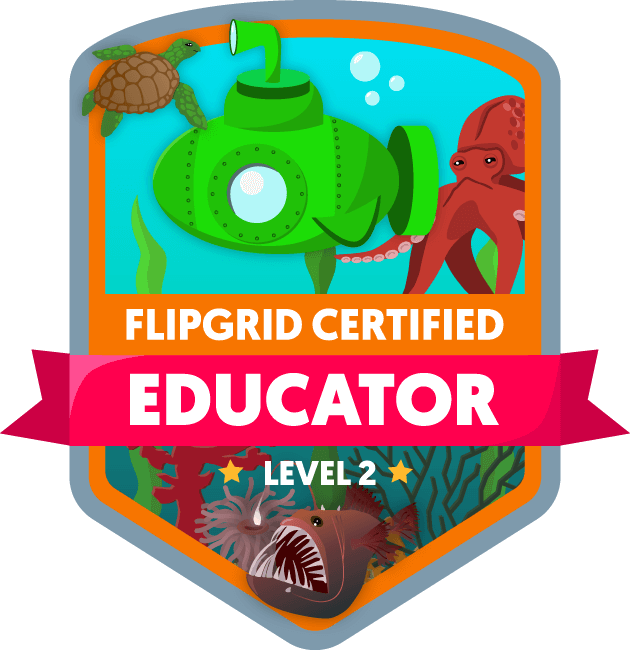
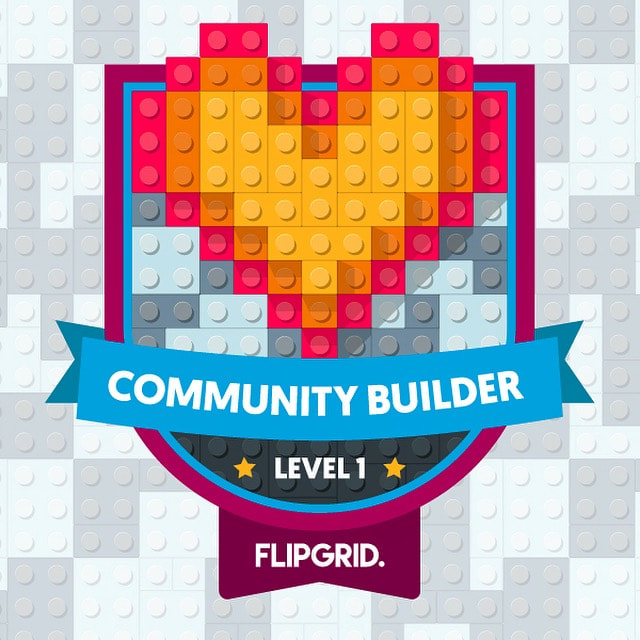
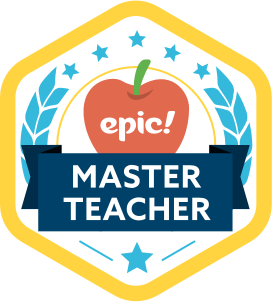
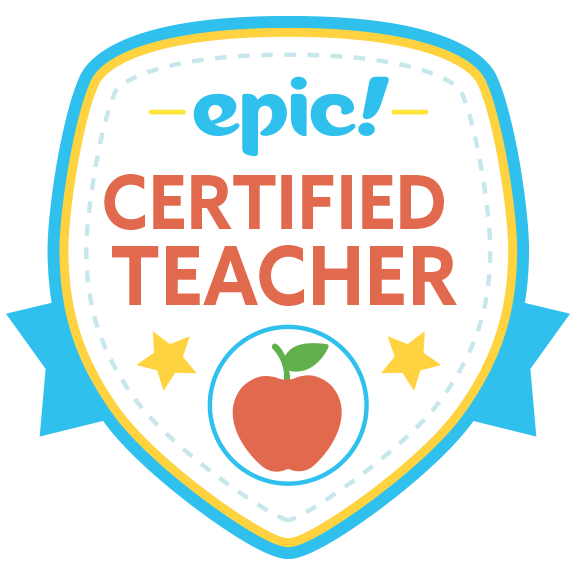
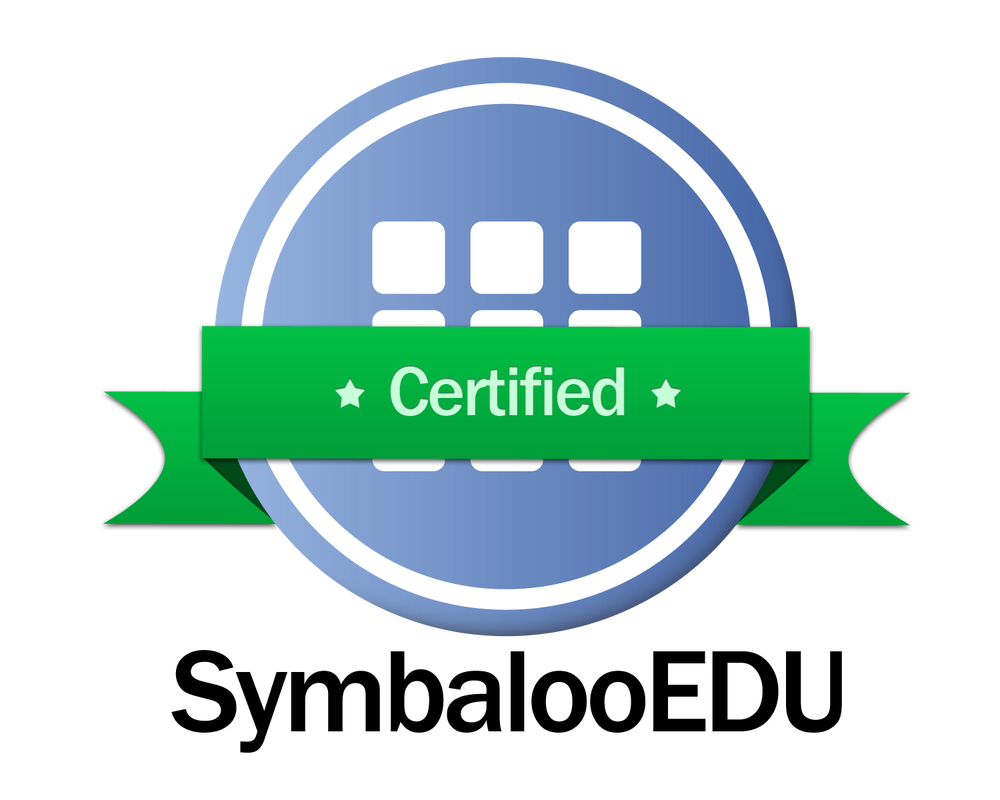
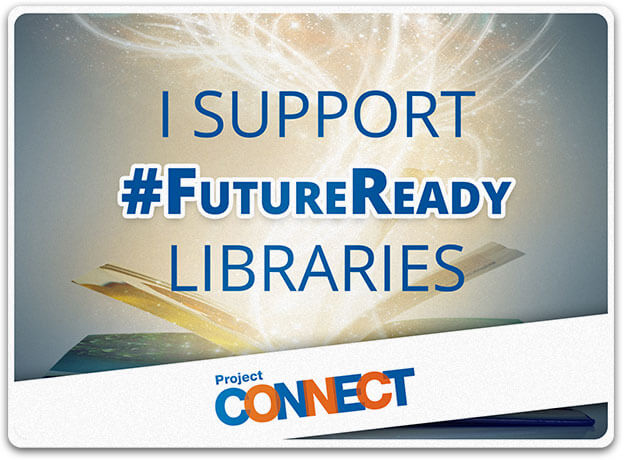
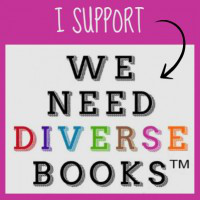


 RSS Feed
RSS Feed